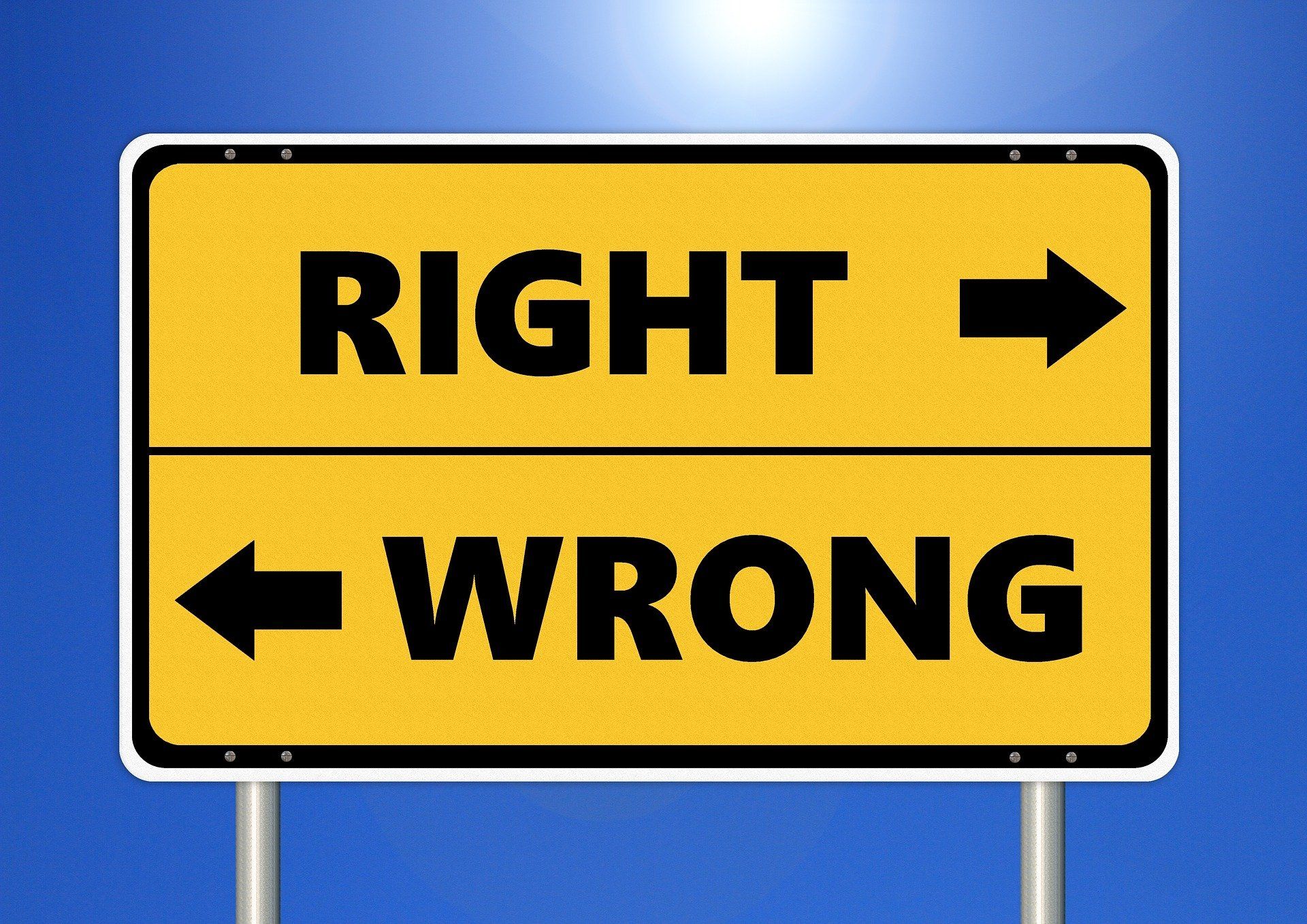Ethos Over Laws
In his book, An Unstoppable Force, Erwin McManus writes: “One of the limitations of laws is that they cannot tell you what to do; they can only inform you of the consequences associated with certain actions and activities…Laws cannot control unsupervised activity. Only ethos has this kind of affect on our decision-making. When we combine all those things that shape ethos—beliefs, values, worldview—we find something far more powerful than laws….Ethos has the capacity to influence and shape everything in our lives—from activities such as personal hygiene to dramatic shifts in cultural values, beliefs, and understandings of reality. In fact, when a culture begins to lose the power of its ethos, it begins to become overdependent on its laws. Laws are born out of values. They attempt to enforce cultural values, but they themselves are not the source of ethos. If the laws do not express the genuine ethos of society, the laws will remain powerless in the end. It is far more important to shape the values of a community than to set the rules.”
It's interesting to note that many organizations which were originally energized by their ethos eventually become overly dependent on their laws to enforce their values. Yet those laws are ultimately powerless. How hard do your people work when you're not in the room or on the job site? How do your children behave when you're not at home? It all depends on how well they have embraced your ethos.
So how does an organization prioritize its ethos—beliefs, values, worldview—and not rely on setting laws to maintain the original vision? What can you do to establish boundaries?
- State and restate your vision, values, and beliefs. Often. Since vision "leaks" you must emphasize what's most important frequently and through various means.
- Consider putting together a “playbook” like one organization did that I analyzed. Just like football has numerous plays a quarterback studies in detail, have a training manual that describes practices ("plays") in the organization that exemplify your preferred cultural ethos.
- "Catch people doing the right thing" and applaud it publicly. What gets praised gets repeated.
- Avoid making regulations every time something goes wrong. Rather, take a customized approach to the issue by communicating directly with those responsible; brainstorm solutions together that will prevent future reoccurrences.
- Express your laws, rules, regulations, etc. in terms of guiding principles, best practices, standards for success, etc.
What else would you add to that list? What has worked in your organization? Click here to let me know.















